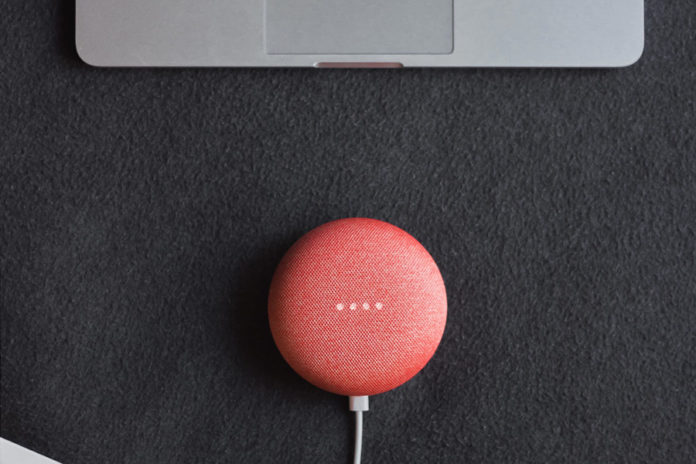The last few years have seen exponential growth in new technologies. It seems that the world is now opening up to new ideas and experiments. Exponential technologies are fantastic and can help humanity in a great deal.

Image credit: Mike Quindazzi, Twitter
According to the report from PwC, Artificial intelligence could contribute to about $15.7 trillion to the world economy in 2030, expanding the global GDP by 14%.

Image source: PwC analysis
Read the report here: https://www.pwc.com/gx/en/issues/analytics/assets/pwc-ai-analysis-sizing-the-prize-report.pdf
Gartner blockchain trend insight report predicted that Blockchain technology could have a share of to $3.1 trillion in the global economy by 2030.
The technologies like blockchain and Artificial Intelligence have real potential. AI and blockchain are two extreme sides of the technology spectrum that have immense power and importance for all sectors of our society. These technologies bring a different outlook of the world and could have a synergistic impact when used together.
Blockchain promotes decentralised applications in an open-data environment while Artificial Intelligence fosters upon centralised data on closed data platform.
Professor Steven Miller, Vice Provost of Research at Singapore Management University (SMU), said,”In a way, blockchain is about certainty and transparency; a permanent and publicly verifiable way to record transactions, AI, on the other hand, involves making probabilistic statements and in that sense can be said to be about uncertainty.”
So let us see how we can combine these extreme facets of technologies and bring a positive change.
Though the fundamental difference in AI, Machine Learning and blockchain seems to come in the way of their combined development, the truth is that the possibilities of fruitful synergy between AI and Blockchain are endless.
A perfect engagement between AI, Machine Learning and blockchain would ensure a more secure environment for data mobility
These technologies in synchronous with each other have potential to guarantee more secure applications’ deployment.
Blockchain brings transparency and accessibility to all participants on a peer-to-peer network, thus, increasing of security of the platform.
What developers need to do is use the transparency of blockchain to unlock more data for AI. They need to create an AI solution in a centralized platform, to ensure the integrity and security of the data, and the accuracy of machine learning algorithms.
AI, blockchain and Machine Learning can be highly useful for selective information sharing without revealing the identity of the person. The selective sharing of data is possible through the use of protocols such as zero-knowledge proofs. It will be very convenient for the healthcare industry where blockchains could help us store information in such a way that doctors can see a patient’s entire medical history, but researchers see only statistical data instead of any personal information.

Image credit: DZone
This possibility is still theoretical, and cryptologists are working to scale up zero-knowledge proofs in an efficient manner.
Cross-border data transfer made easy and hurdle-free
Countries are becoming more nationalist towards digital data generated by their citizens, and the possibility of restricting the data transmission across borders is on the card.
Chief Financial Technology Officer of the Monetary Authority of Singapore, Mr Sopnendu Mohanty, said, “Very soon, big data could become small data, leaving AI researchers only domestic data to play with. For policymakers, there is a mismatch between protecting their citizens and capturing the opportunities that AI offers.”
Blockchain and AI can help to create a world without borders by creating well-analyzed datasets for efficient cross-border development of innovations. The creation of these datasets, and therefore the AI development, depends on high-profile and high-paid engineers working for tech giants and on lower-paid workers, including unbanked people from developing countries, who mark up the data for machine learning.
The solution to this long-distance investor and worker relation can be – making payments via cryptocurrencies. This process won’t involve any trusted third party, and also the wages of workers won’t depend upon local laws; thus, it will protect workers from exploitation and volatile exchange rates. All investors need to do is request a task, set a price, and capable workers around the world can perform it to earn money.
Increasing the understanding of Machine Learning algorithm
The traditional AI approaches were unable to capture the complex statistical patterns present in natural environments such as visual and auditory scenes, and our everyday modes of interaction such as movement and language, but with the advent of ‘Deep Learning,’ the field is experiencing remarkable developments.
Deep Learning is a subset of AI methods for machine learning, identified as neural networks with multiple layers. It has been criticised for being a ‘black box’ as it is not completely clear how algorithms arrive at a decision.
Blockchain can help us figure out how why they work in that manner and make them work much better. Having a clear audit trail can not only improve the trustworthiness of the data (and data models) but also provide a clear route to trace back the machine decision process.
The blockchain, AI and its subset Machine Learning could also be levied for various other developments like optimizing energy consumption by using AI during mining, enhancing scalability by introducing new decentralized learning systems such as federated learning or “blockchain pruning” (deleting unnecessary data about fully spent transactions) as recommended by Satoshi Nakamoto.
There are several other positive impacts of convergence of AI and blockchain like increased – AI effectiveness, security, privacy, efficiency, artificial trust and countless other!!


















